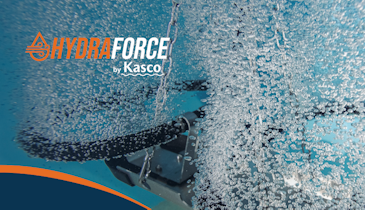News Briefs: Indirect Reuse Project in Florida Facing Resistance
In this week's water and wastewater news, a $350 million indirect potable reuse project is drawing criticism from a city council member
Popular Stories
Discussion
Comments on this site are submitted by users and are not endorsed by nor do they reflect the views or opinions of COLE Publishing, Inc. Comments are moderated before being posted.






